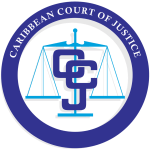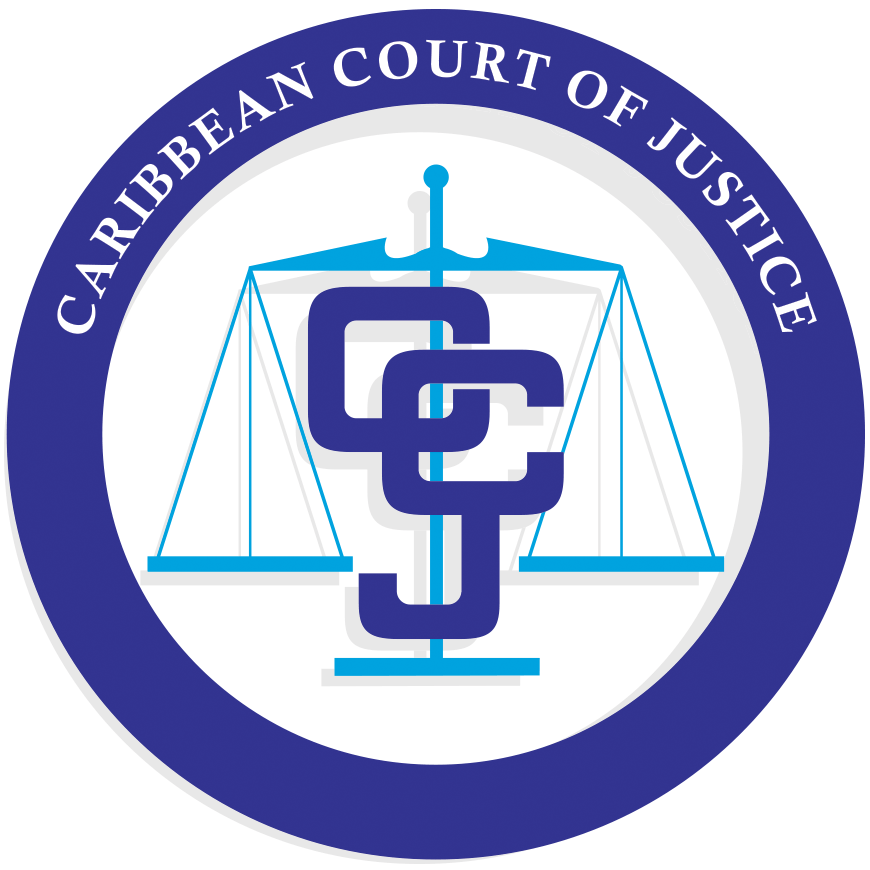 Judicial officers must interrogate their personal biases as well as those embedded in law and culture.
Judicial officers must interrogate their personal biases as well as those embedded in law and culture.
This was the advice of the Honourable Mme. Justice Jacqueline Cornelius, Judge, Barbados Supreme Court, who was at the time speaking at the opening ceremony of a two-day Gender Sensitive Adjudication Training for Judicial Officers in Barbados. The training was held from July 26-27, 2019 by the Canadian funded Judicial Reform and Institutional Strengthening (JURIST) Project in collaboration with the judiciary of Barbados.
She said that there was a deep-seated distrust of the ability of the courts and judicial officers to solve disputes or resolve conflicts without bias. “It is clear from comments in the public domain that the public considers the system rife with bias,” she lamented.
Justice Cornelius added that the Barbados judiciary was quite small and that judicial officers bear a lot of responsibility “on their shoulders.” She said that the training will assist judicial officers in providing a judicial system that is inclusive, respectful, trustworthy, transparent and accountable.
She continued: “The training over the next two days will be revolutionary for judicial officers in Barbados in terms of their approach to their daily work.”
The Honourable Sir Marston Gibson, Chief Justice, Barbados, said there was a need for judicial officers to go through a process of constant introspection. He explained: “We are sworn to deliver justice without fear or favour and so we are not allowed to make a decision on how a person looks or how they identify themselves. My hope is that this training will teach us that this is just a start, that we need to keep looking at our biases, because whether we believe we have them or not, we have them.”
Sir Marston thanked the Government of Canada for funding projects like JURIST and IMPACT Justice, which he said have been implementing great justice reform programmes across the region.
The Honourable Mr. Justice Peter Jamadar, Judge, Caribbean Court of Justice and Chairman, Caribbean Association of Judicial Officers (CAJO), who was one of the trainers, noted that there was a certain burden these days in being ‘man’ or ‘woman’ as there was now talk of ‘non-binary, intersex or transgender.’
The gender training, he said, arose out of that “burden” and out of each human’s desire and need for recognition, respect and regard. “Acceptance of new ideas, of new realities, comes hard for most of us. As we begin this exploration of gender, know that some of its newness will be challenging. And that’s okay,” he assured. He reiterated though, that the conversation about gender was really about equality for all.
Her Excellency Marie Legault, High Commissioner of Canada to Barbados and the Eastern Caribbean spoke about Canada’s Feminist International Assistance Policy (FIAP) and their commitment to support the attainment of gender equality in all countries. She announced that Canada has committed CAN $1.4 billion a year for gender programming around the world with half of that going towards sexual and reproductive rights.
Mrs. Gloria Richards-Johnson, Director, JURIST Project pointed out that one of the Project’s immediate outcome was intended to improve the capacity of courts to deliver gender responsive services to court users. The Project has sought to do this in three ways: development of Gender Equality Protocols, Gender Sensitisation Training and development and implementation of a Gender Equality Accountability Tool. All three components are being done in partnership with the CAJO, UNWomen and the Judicial Education Institutes of the different jurisdictions.






